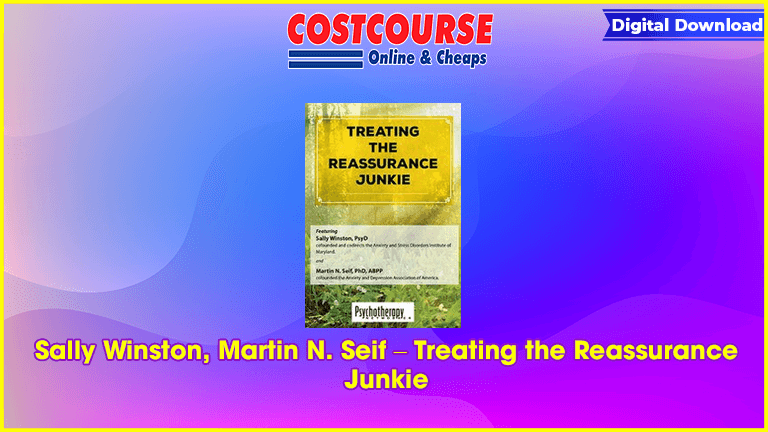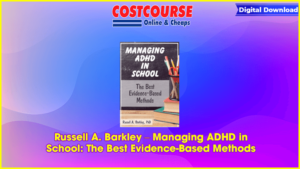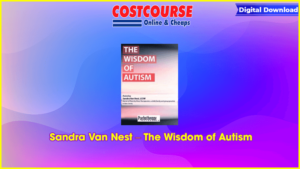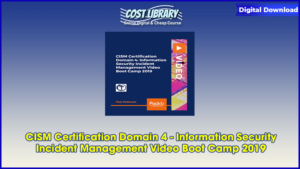Description
Some anxious clients have such an overpowering need to know they’re not making a mistake, missing something important, or thinking or feeling something wrong, that they constantly seek reassurance from therapists, family, friends, doctors, and the internet.
Sally Winston, Martin N. Seif – Treating the Reassurance Junkie
Most compulsive reassurance seeking attempts to answer unanswerable questions, solve unsolvable problems, or know for sure something that’s unknowable. In fact, reassurance often works backwards with clients who suffer from generalized anxiety disorder or OCD, actually increasing distress. Rather than helping them to achieve greater certainty, the best approach is to teach them how to tolerate uncertainty.
Handouts
Manual – Treating the Reassurance Junkie (1 MB) 19 Pages Available after Purchase
Outline
Recognize covert and subtle compulsive reassurance seeking in a clinical setting.
We will describe productive and unproductive reassurance types, including hidden, implicit, deduced and empty subtypes as well as checking compulsions.
We will illustrate how reassurance junkies present in the clinical setting, often as “neuroticâ€, or with generalized anxiety, depression, low self-esteem or poor confidence, needy or dependent with case vignettes.
Distinguish responses that reinforce obsessive worry from those that reduce it.
We will show how reassurance can serve as negative reinforcement, driving the OCD cycle and maintaining obsessive worries.
We will introduce a detailed classification system for reassurance traps, including Do No Harm, Always Do Right, Guarantees Forever and Banish All Doubts.
We will discuss and define the three voices of the mind.
Implement evidence-informed treatment strategies which avoid inadvertent empty or unproductive reassurance.
We will show how a meta-cognitive and acceptance-based approach interferes with the “addictive†cycle of reassurance seeking.
We will demonstrate how to implement exposure and response prevention interventions which withdraw the patient from unproductive reassurance.
Apply strategies to increase tolerance for uncertainty.
We will supply metaphors and stories that communicate the attitude of mindful acceptance that is an essential component of recovery.
We will offer ways to withhold reassurance without sacrificing compassion.
Increase mindful awareness of unproductive self-talk which masquerades as self-comfort, rational refutation and problem-solving.
We will show, using descriptions of internal dialogues, how many typical self-help and cognitive behavioral interventions can simply perpetuate the worry cycle by promoting paradoxical effort, entanglement with content and further reassurance-seeking.








